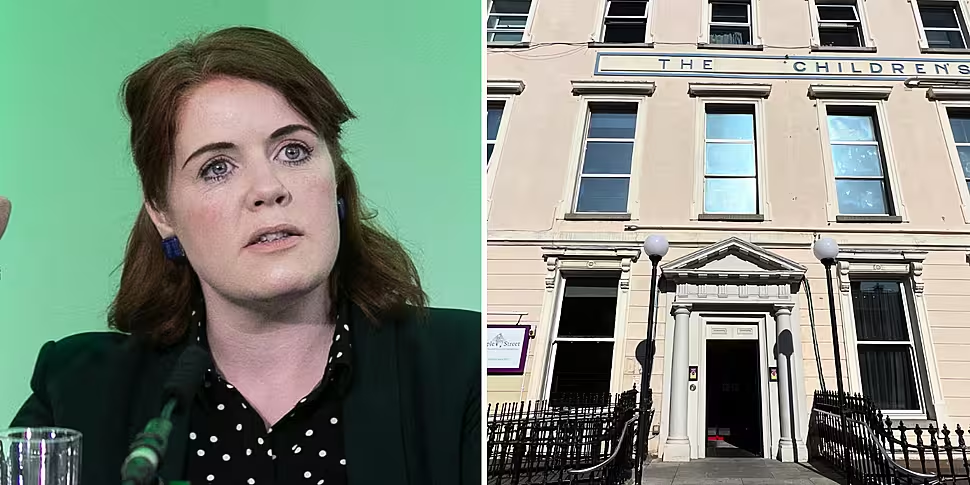Issues around governance and clinical responsibility in Temple Street Hospital had been "rumbling on" for at least two years, a Green Party TD has said.
Yesterday, Minister for Health Stephen Donnelly said clinicians first raised concerns about the Temple Street scandal a year ago.
On Newstalk Breakfast this morning, Deputy Neasa Hourigan – who is a member of the Oireachtas Health Committee – said issues around governance and clinical responsibility in Temple Street Hospital have been "rumbling on" for at least two years.
"Certainly the Health Committee is asking for an urgent meeting with CHI to see if we can get some of those details on the record," she said.
Deputy Hourigan said the Committee want to determine what is being done for the parents and children who are currently on waiting lists for spina bifida surgeries.
"We know that the services have been effectively stalled and paused since July last year because of these concerns, but there are children suffering now from spina bifida and other conditions who need treatment," she said.
"What is the plan for treatment, in the coming year even? How do we rebuild that trust between parents and the hospital?
"How did this happen in terms of governance and in terms of procurement? Those are things that the HSE and CHI and certainly even health products – the regulatory authority there – need to answer.
"How did a product – that is not covered by clinical governance – make its way into a hospital and into a surgery with a child?
"Those are huge questions for any health authorities to have to answer."
Due process
Deputy Hourigan said parents can accept that the investigation has to abide by due process, but made the comparison with their situation and the recall of faulty products.
"If a faulty product enters the market, there's a recall – and part of that discussion is to make people aware that it's happening," she said.
"This has been happening for quite an extended period of time, pretty much in the darkness.
"People like myself and other members of the Health Committee who deal in these issues all day every day, weren't aware that there was a review going on or there was an investigation going on.
"There is a piece around transparency and public trust here – when there is a faulty product entering the market and a concern around service and a concern around surgery, it's really important that the public have trust in those services."
Whistleblower
Deputy Hourigan said it took a whistleblower to put pressure on the system to publicise the scandal.
"We do have whistleblower legislation and we do have legislation in place to protect people," she said.
"I think the reality is, is that Ireland is a small country with very robust institutions, and where whistleblowers enter the discussion, there is often a very significant pushback from that system to protect itself.
"My experience, not just of the HSE, but of other institutions in Ireland, is that we have a tendency to protect the institution ... often at the expense of the whistleblower and then often at the expense of transparency and information and good governance."
You can listen back here:









